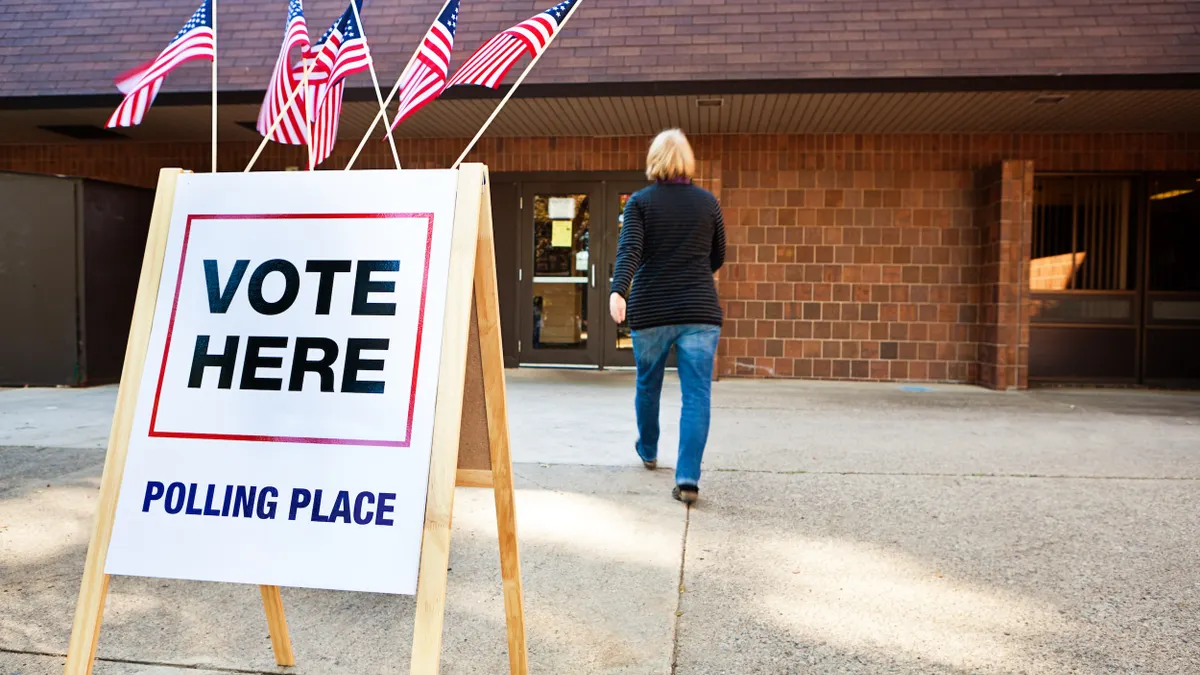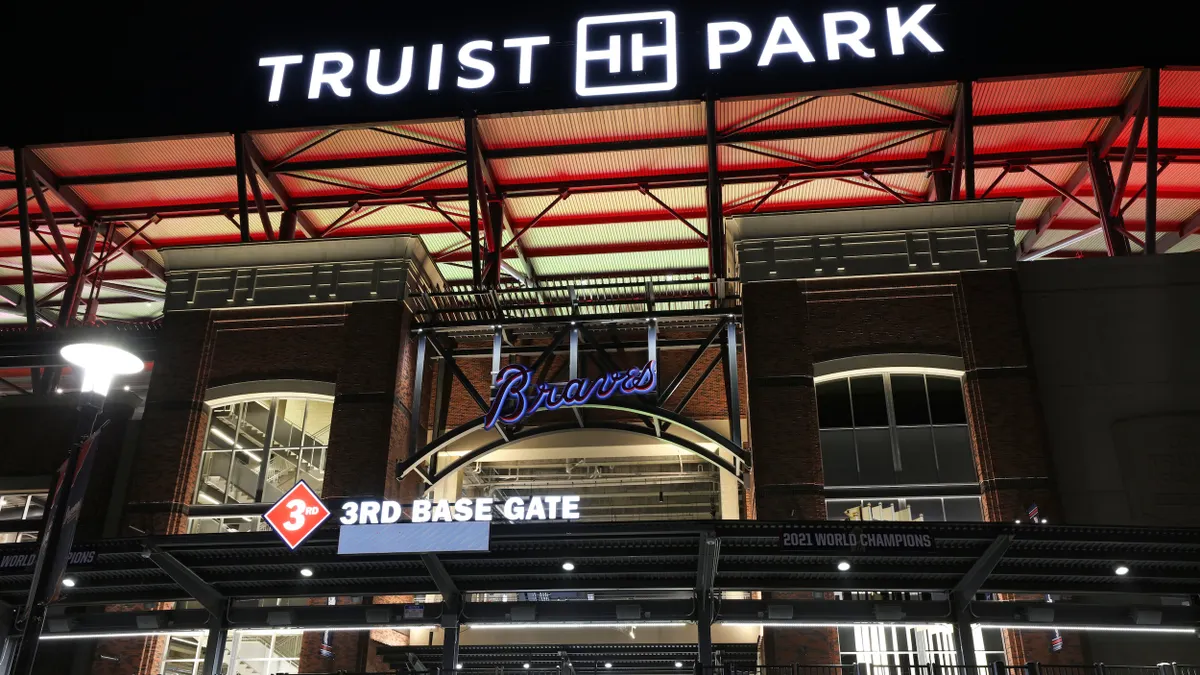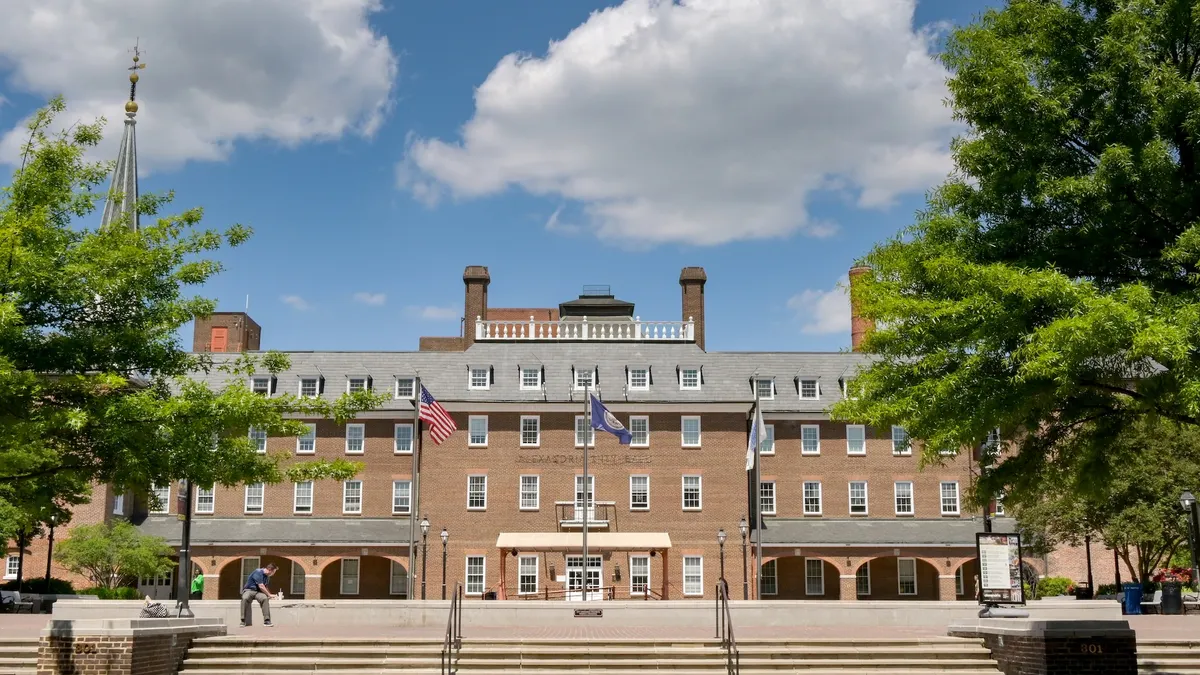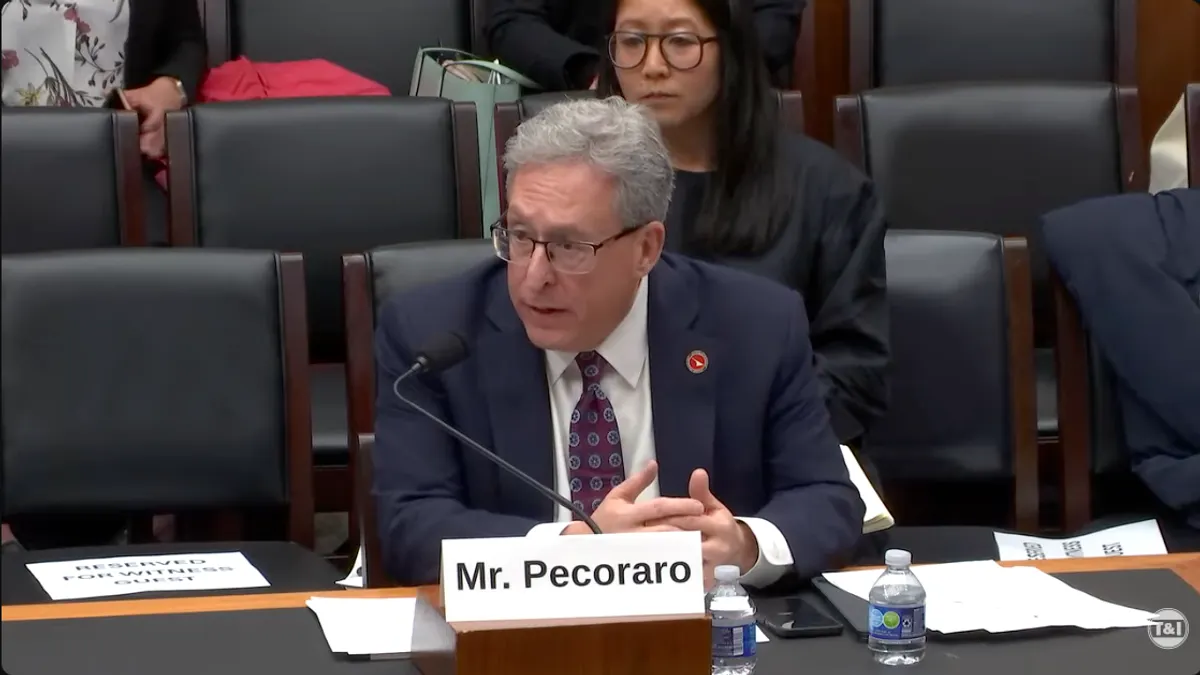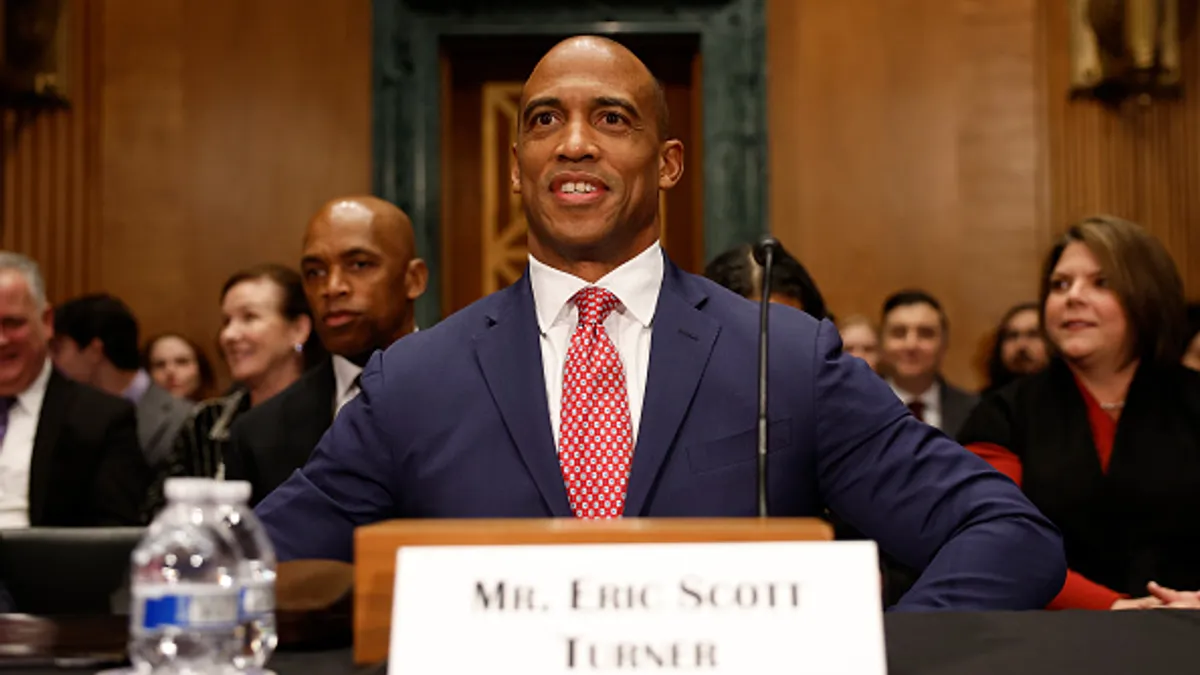In 2016, an Ohio-based surveillance company was caught flying a plane over Baltimore. The pilot program, kept secret from city residents and officials, abruptly ended once it was revealed.
Three years later, Persistent Surveillance Systems has returned, seeking the city's permission to fly three surveillance planes overhead. The planes would be flown during most daytime hours, and the $2.2 million a year program, which Texas billionaires have offered to fund, is being pitched as a way to help police prevent crime.
In a surprising turn of events to some city officials and faith leaders, a majority of Baltimore residents have indicated they support the surveillance planes as a way to mitigate crime.
A local pastor and member of the Greater Baltimore Committee's board of directors commissioned a poll to 500 residents that revealed 74% of respondents would support the program as a means to prevent serious crime, according to The Baltimore Sun. The Greater Baltimore Committee’s board of directors has taken a stance in "strong support" of the planes. Activist groups and Maryland Gov. Larry Hogan have also indicated support for the surveillance proposal.
But the city's police commissioner remains unconvinced, while Mayor Bernard C. "Jack" Young's office is basing its position on the police commissioner's stance, spokesman James Bentley told Smart Cities Dive.
The heightened tension and split over the proposed planes begs the question: Can surveillance planes achieve their intended purpose to prevent crime, or would an aerial surveillance program create more problems and unintended consequences for the city and its residents?
The risks far outweigh the benefits, according to Marsh Risk Consulting Education and Public Entity Practice Leader Rick Vohden.
For the amount of time they'd have to spend in the air — unless they are looking for something specific — it wouldn't be a productive venture, he told Smart Cities Dive. Productivity aside, there are also many potential risks of flying an aircraft over a city.
For starters, there are flocks of seagulls that frequent the city and could fly into the plane, causing a crash, he said. There's also the risk of a mechanical failure, which would create "significant damage."
Flying a drone overhead would be more practical than an aircraft, according to Vohden. But even drones carry risks for the city. In order to capture any footage of value, drones have to fly low, running the risk of crashing into power lines.
There's even the chance that someone might mistake the drone for a bird and try to shoot it down, he said. Drones can also interrupt the flight patterns of helicopters used by hospital systems.
However, physical risks to city residents and utility lines aren't the only concerns. There's civil liberties to consider. The proposed surveillance program is an "Orwellian nightmare come to life," ACLU of Maryland Senior Staff Attorney David Rocah told Smart Cities Dive.
Persistent Surveillance System owner Ross McNutt said the footage is used to follow potential suspects to and from crime scenes, following their vehicles and watching the routes they take. But Rocah said McNutt's explanations are "deeply misleading."
"In design and intent [the surveillance] tracks and creates a permanent record of everywhere that everybody goes," Rocah said. "The one and only purpose of this technology is precisely to identify people and it does that by combining the video data of who's moving where and when, with ground based cameras and other sources of identifying information."
The data could be used to identify who's going to political meetings, demonstrations, a clinic, or house of worship, according to Rocah. Moving forward with the surveillance system would be like "giving the key to your house to the person who just robbed you," he said.
The Greater Baltimore Committee’s board of directors, however, support the planes. "The Board...strongly believes the 'city needs every tool and resource available to break the cycle of violent crime,'" according to an official statement that was provided in response to Smart Cities Dive's interview request.
But these programs cannot address the "root cause of urban violence, namely poverty and oppression," according to Dana Cloud, a California State University System lecturer and expert in public sphere theory.
Instead, she proposes "much more effective" solutions like supporting public services, housing and jobs. The surveillance planes also have alarming implications for the rights of assembly and free speech, Cloud told Smart Cities Dive in an email. The system could be used crack down on dissent and disproportionately target communities of color, she said.
"The combination of these two dangers is that more people of color will be targets of policing, and resistance to racist policing itself will bring additional surveillance and policing of justified protest," she said.
Given the potential reasons for alarm, why did 78% percent of black residents and 67% of white residents express support for the system in response to the poll’s general question about aerial surveillance?
People probably feel desperate, she said. "They want an easy solution... when it fact the solutions are complicated...you can hardly blame a person for wanting to have a solution to the problem of violence."








